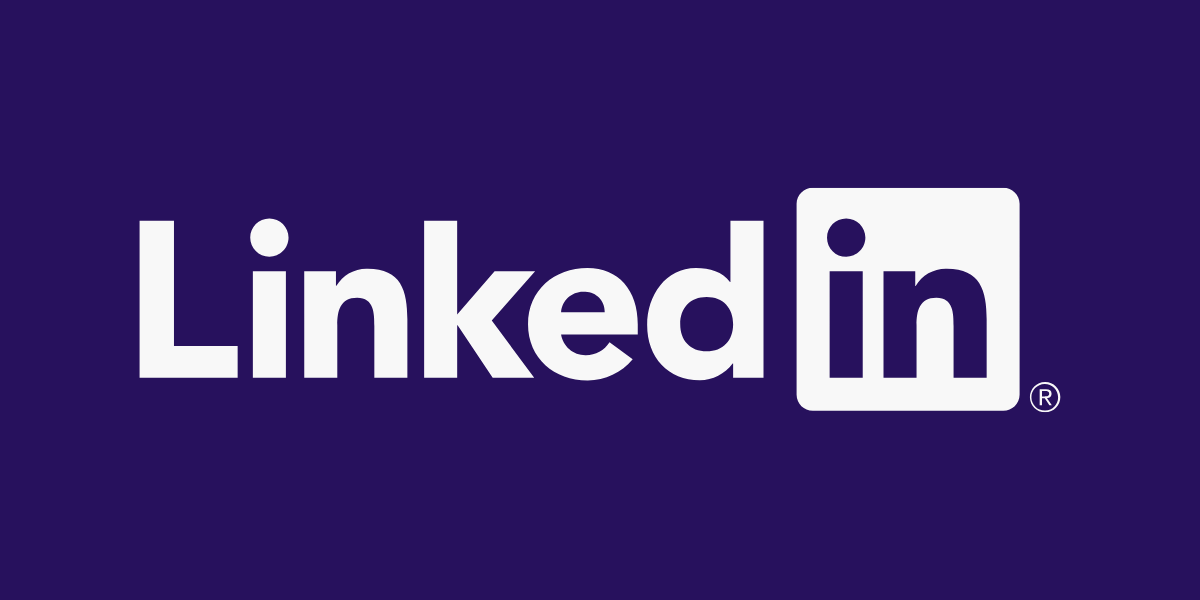Job interviews can be nerve-wracking, especially when you’re asked to talk about your weaknesses. It can feel like you’re being asked to undermine your chances, but employers often ask this to understand your self-awareness, growth mindset, and honesty. Discussing weaknesses effectively is less about admitting failure and more about demonstrating a proactive attitude towards improvement.
In this post, we’ll explore 10 weaknesses you can mention in a job interview, with tips on how to present them positively. These examples reflect common areas where professionals might struggle, but when framed correctly, they can highlight your strength in self-improvement.
1. Time Management
You might say something like, “I sometimes struggle with managing my time effectively, especially when I’m balancing multiple projects. However, I’ve been working on improving this by using digital tools like Asana to prioritise tasks and deadlines more effectively.”
According to a study by Wrike, 47% of workers find managing their time the biggest challenge in productivity. Admitting this shows that you’re realistic about the pressures of modern work and actively seeking solutions.
2. Delegation
Struggling with delegation is common, especially for individuals who prefer hands-on involvement. You can frame this as: “I find it challenging to delegate tasks, as I tend to want to ensure everything is done to a high standard. However, I’ve learned that trusting my team and their skills is essential for overall success.”
Delegation improves leadership skills, and showing that you’re aware of this weakness highlights a desire to improve team dynamics.
3. Perfectionism
Many professionals struggle with perfectionism, and while it may sound like a positive trait, it can sometimes hinder productivity. You could say, “I can be quite a perfectionist, which means I sometimes spend too much time refining work. I’m learning to balance perfection with efficiency by focusing on the bigger picture and understanding when a task is ‘good enough’ to meet deadlines.”
A LinkedIn survey found that 92% of professionals believe perfectionism negatively affects their work, so this weakness is very relatable.
4. Public Speaking
Public speaking is a common fear. Address it by saying: “I’ve always found public speaking challenging, but I’ve taken steps to improve this by attending workshops and practising presentations in front of smaller groups.”
This shows that you’re willing to confront fears head-on, which can be viewed as a strength in many job environments, especially if communication is key to the role.
5. Saying No
Some professionals find it difficult to say no, which can lead to overcommitment and burnout. A good way to present this is: “I sometimes struggle with saying no to additional tasks, which can lead to taking on too much at once. I’m learning to manage this by setting clearer boundaries and ensuring my workload remains manageable.”
In a survey by Gallup, 23% of employees cited feeling overwhelmed by workload as a primary factor for stress at work, so admitting this shows that you’re working to balance your responsibilities effectively.
6. Impatience
Impatience can be framed as a weakness if it impacts teamwork or long-term projects. You could say: “I can be quite impatient when it comes to achieving results. However, I’ve realised the importance of patience, especially when working with others or on long-term projects, and I’m focusing on being more understanding of different processes.”
This highlights your awareness of how impatience can affect collaboration and shows you’re committed to improving.
7. Technical Skills
In some industries, especially those that rely heavily on software, admitting to gaps in technical skills can be beneficial if you’re working to close those gaps. For example: “I’m not as proficient in [specific software] as I’d like to be, but I’m actively taking online courses to improve my skills.”
According to research by Udemy, 50% of employees feel their skill sets are insufficient for today’s job market, so employers will appreciate your commitment to continuous learning.
8. Attention to Detail
If attention to detail is something you struggle with, it can be framed as: “While I am very good at keeping the bigger picture in mind, I sometimes miss smaller details. To combat this, I’ve developed a habit of double-checking my work or asking for feedback from peers to ensure nothing is overlooked.”
By admitting this, you’re demonstrating a pragmatic approach to overcoming your challenges.
9. Handling Criticism
Some professionals struggle with accepting criticism, but if addressed properly, this can be a great topic in interviews. You could frame it like this: “I used to take constructive criticism personally, but I’ve learned to see it as an opportunity for growth. I now actively seek feedback to improve my performance.”
This shows emotional intelligence and a growth mindset, both of which are highly valued by employers.
10. Balancing Work and Personal Life
A work-life imbalance is something many professionals grapple with. You might say, “I’ve previously had difficulty maintaining a healthy work-life balance, but I’ve since recognised the importance of taking time for myself. I now make a conscious effort to maintain boundaries and ensure I don’t burn out.”
With workplace burnout costing UK employers around £26 billion a year according to Deloitte, discussing this issue shows you’re aware of the importance of long-term wellbeing.
Final Thoughts
Discussing your weaknesses in a job interview is not about underselling yourself, but about demonstrating self-awareness and a commitment to improvement. The key is to frame these weaknesses in a way that shows how you are actively addressing them. Employers will appreciate your honesty, and by showing you’re continually striving to develop, you’ll stand out as a thoughtful and proactive candidate.
Remember, no one is perfect, and being able to acknowledge areas where you can grow is a sign of maturity and professionalism.




